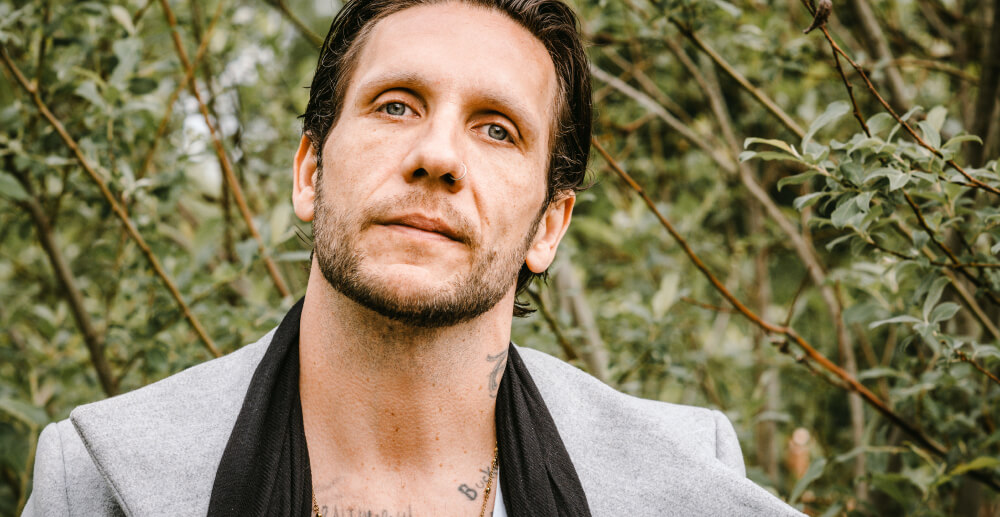Every year at this time, I work with clients to help them through the holidays. My clients aren’t necessarily abstaining from alcohol—some of them are just trying to drink differently. It makes sense that they’re seeking tips and support for the holidays. Even those who feel incredibly close to their families often feel overwhelmed by the logistical challenges in front of them, among other stressors that pre-existed the supposed “most wonderful time of the year.” Don’t get me wrong, I actually love the holidays! But whether we like it or not, this season can be busy, financially stressful, include exhausting travel, and bring up myriad internal messages that might feel triggering. And all of that is true even if we aren’t in recovery or trying to be more mindful about how we drink.
When I talk to people who feel frustrated that they aren’t more joyful during the holidays, I encourage them to remember that many of us struggle during this season. None of us are alone in this! Even if it is our favorite part of the year (and for me I would say it is!) the challenges don’t go away. I encourage all of us to manage expectations, give ourselves tools for support, and remember we all have an inner Clark Griswold. Whether you’re hosting this year or you’re the guest, here are some tips for harm reduction during this season.
Harm reduction when you’re hosting for the holidays
I encourage you to take a minute to become more mindful of people who aren’t drinking this year or who are trying to cut back on alcohol. There are many reasons people might not be drinking. They might be in recovery, trying to change their relationship with alcohol, pregnant (whether or not they’re ready to talk about it), taking medicine that interacts poorly with alcohol (very common with mental health meds), struggling with depression and realizing that alcohol is a depressant, dealing with a chronic illness in which pain is exacerbated by alcohol use, trying to sleep better, or just … not drinking tonight. Taking a moment to think through many of the reasons why a person might not want to drink will make you a more compassionate host.
Make everything self-serve
This might sound wild, but hear me out. It’s entirely possible that there are people in your life who are trying to quit drinking. They might be in the earliest, most tender days of sobriety when they come to your home. They might not be ready to talk about their journey (and they never have to talk about it!). They won’t have to decline alcohol or worry about making a scene if they can come in and fix themselves a non-alcoholic beverage, without needing to talk about it.
Festive non-alcoholic options
Make sure you have great non-alcoholic (NA) beverage options! Don’t make the choices festive alcohol or plain water. This can benefit other guests, as well, not just those who are actively not drinking. Lots of people might want your fun NA options. I went to a party with a bunch of delicious NA options, and people who were drinking alcohol started asking to try my mocktail. It’s fun!
Don’t overthink it
If you turn from being the host who wants to be mindful about alcohol to being the host who is stressed about it, don’t panic. It’s not helpful! An accepting, low-pressure party is way better than a tense gathering that’s worried about someone’s recovery. Just be thoughtful and respectful so that if someone comes to your home and doesn’t want to drink, you’ll be able to honor them and show them care.
Have lots of good protein-dense food
Protein-dense foods can slow the absorption of alcohol, so people who do choose to drink are a little less likely to overdo it. They also can help you feel full longer, heading off alcohol cravings that are related to being hungry. And the people who’re skipping alcohol will still enjoy the tasty snacks.
Harm reduction when you’re a holiday guest
Practicing harm reduction about your own drinking can seem difficult when you’re a holiday guest. After all, so many things are out of your control. But you still get to make choices about your own behaviors, and there are steps you can take to support your harm-reduction goals.
Have a plan
If you’re limiting your alcohol intake, be sure to go into a holiday gathering with a plan. How much do you want to drink tonight? How are you going to get home if that doesn’t go as planned? How will you care for yourself tomorrow morning? Just thinking through these topics brings mindfulness into your relationship with alcohol.
Eat before you go
It sounds really simple, but don’t show up hungry. Some of my clients have found that merely showing up to the party full from a meal has reduced their drinking.
One non-alcoholic beverage for every alcoholic beverage
If you want to have a long, fun night with your friends, consider drinking at least one non-alcoholic beverage for every alcoholic beverage you consume. If this doesn’t feel feasible, try to have at least a few NA drinks during the night. You might be surprised how much this can help you drink less and wake up tomorrow feeling better.
Know your line
Figure out how you will communicate that you want to stay mindful about alcohol before you’re in a situation where that feels necessary. If someone encourages you to drink more than what you want, how will you respond? It doesn’t have to be a big deal—you can be as nonchalant as you like. Just know and rehearse your line before you need it.
Remember you have agency
You’re in charge of yourself. You get to decide which gatherings you attend, how you’ll behave there, and how long you will stay. If things reach a point where they don’t feel fun anymore, or you feel tempted to drink more than you really want to, you can leave! Everyone can leave!
Plan for zero drinking days
If you’re going to be attending quite a few parties during the holidays (it happens!), you might want to look at your calendar and find a few days when you don’t have plans and set them aside as “no drinking” days. These can help your body recover from the fact that you might be otherwise spending a few nights drinking back to back.
Aftercare
You also get to have aftercare! Don’t discredit how much energy it takes to change your relationship with alcohol, even if you are still drinking. Have some resources ready to care for yourself the week following whenever drinking mindfully might feel the most difficult.
Be kind to yourself
If you go out and drink more than you expected, please try to be kind to yourself. If you wake up with a hangover, try to greet it with self-care, not shame. Shame does not help a hangover and if anything it might cause you to want to drink more, which reinforces the negativity that’s making you struggle to begin with. Try to use self-care in the event of a hangover to get yourself out of a shame spiral.




